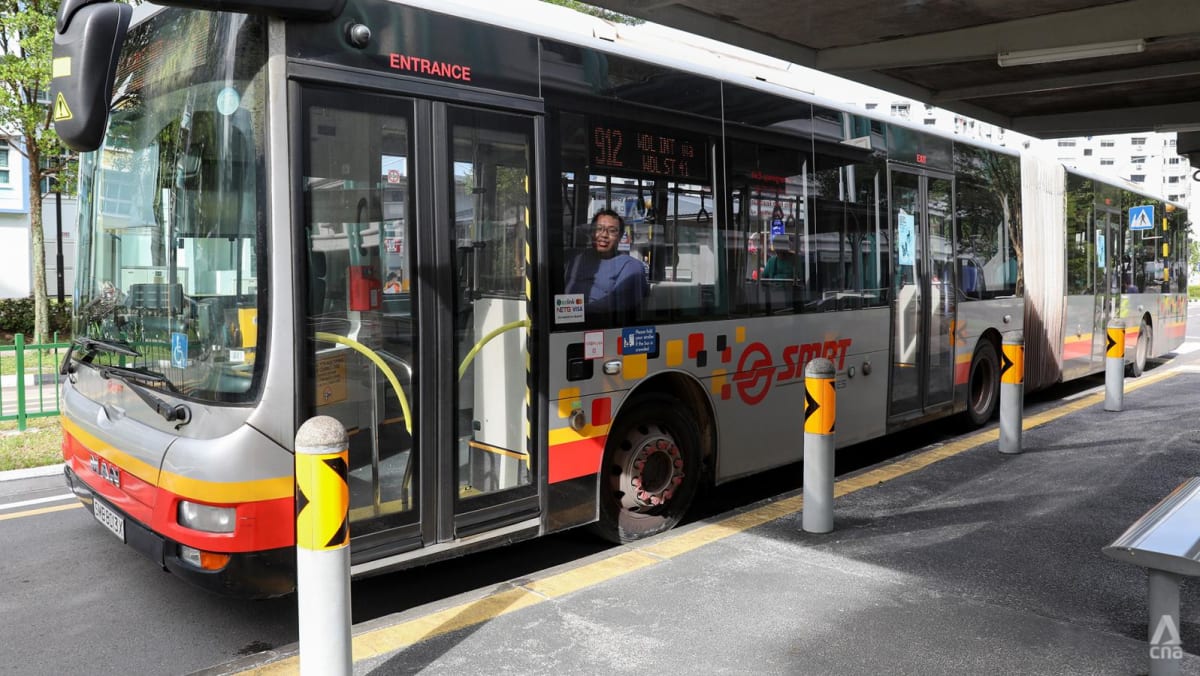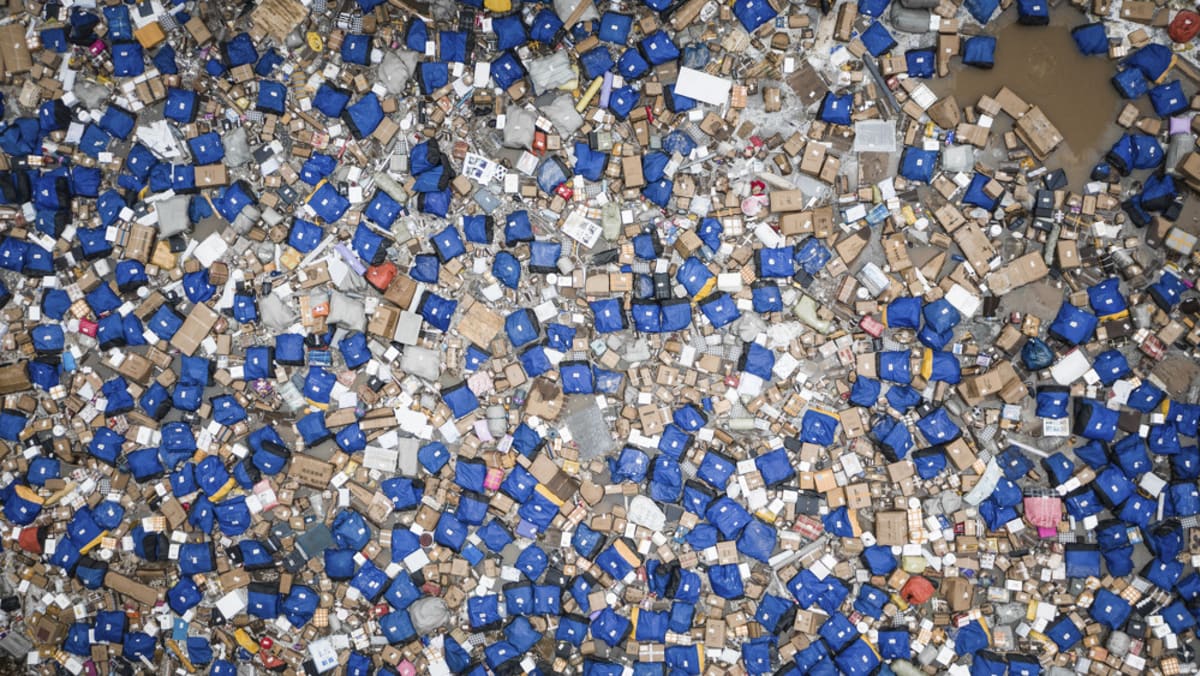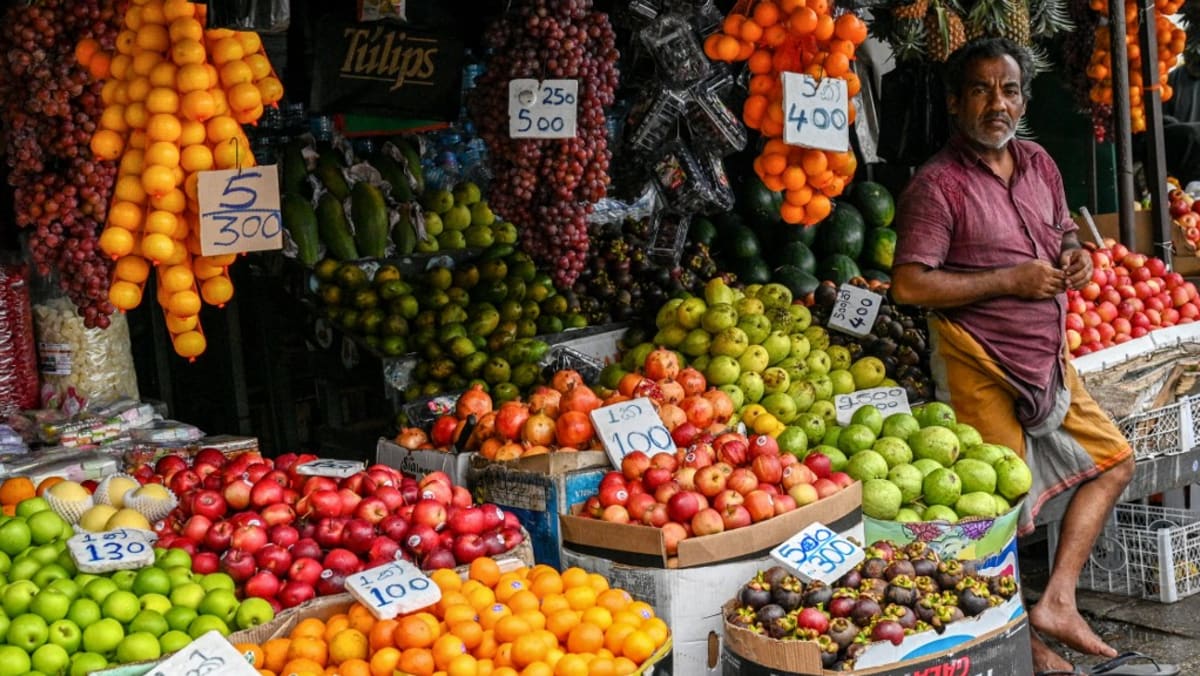Some of China’s leading online shopping portals and delivery service providers have taken action in recent years to reduce the use of plastics and paper, replacing non-biodegradable materials with recyclable packaging and reusable boxes.
Taobao, arguably China’s most popular shopping platform run by the Alibaba Group, has been promoting the use of biodegradable packaging through a “Green Parcel Initiative” while rival retail site JD.com has introduced similar environmental initiatives focusing on utilising sustainable packaging and recycling methods.
The use of “green packaging” materials like cardboard and other biodegradables, rose this year by 20 per cent during the Singles’ Day sales period, read a report by Alibaba’s research arm, the Ali Research Institute.
The report also highlighted sustainability efforts by its Cainiao logistics courier service, which regularly reuses packing materials like cardboard boxes and utilises clean electricity to “reduce up to 298,000 tons of carbon emissions”.
Warehouse workers have also been “routinely sorting out” and recycling a total of 47.6 million cardboard boxes, the report said.
But such measures are “far from sufficient” and just “baby stepping”, said Wang Songlin, founder and chairman of the Qingdao Marine Conservation Society (QMCS), adding that express and food delivery services were still heavily reliant on plastic packaging – most of it single-use.
Guo Liangping, a Senior Research Fellow at the East Asian Institute at the National University of Singapore, dismissed green initiatives and pledges by Chinese e-commerce and courier companies as “gimmicks”.
“Companies are engaging in these gimmicks because it’s fashionable and helps improve their (public) image. However, it means little,” he told CNA.
The reality for many sellers and smaller companies on the ground also remains challenging.
The owner of a Brazilian jiu jitsu attire shop on Taobao, who did not wish to be identified, shared her dilemmas of using biodegradable delivery bags, which were “too thin and fragile” to transport purchases, especially heavy sports kits and equipment.
“Eco-friendly clothing bags are too thin and break easily. Considering the rough transportation process from factory to warehouse, these bags often fall apart before they reach the customer,” she told CNA.
“I do what I can, using more eco-friendly materials, minimising packaging and skipping unnecessary freebies (but) I can’t completely avoid plastic right now,” she added.













